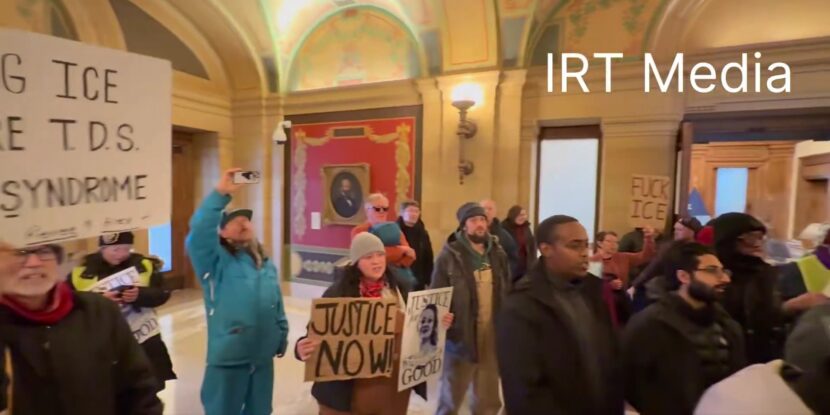PULSE POINTS:
❓What Happened: The Texas House advanced Senate Bill 17, which restricts land sales to individuals and entities from specific foreign nations deemed national security threats. The legislation’s House and Senate versions will now be reconciled before receiving final votes for approval in the state House and Senate.
👥 Who’s Involved: Governor Greg Abbott (R), state Senator Lois Kolkhorst (R), state Representative Cole Hefner (R), and members of the Texas legislature.
📍 Where & When: Texas; preliminary approval in the House last week and reconciliation conferees appointed on May 14, with potential enactment on September 1, 2025.
💬 Key Quote: “As Senate Bill 17 has moved through the legislative process, we have taken the utmost care not to reduce the ability to buy property for those who have fled oppressive regimes and want to build an American life here. As the bill currently stands, those individuals who come here lawfully and remain here lawfully still have that opportunity,” says Rep. Hefner.
⚠️ Impact: If passed, the bill would restrict property purchases by individuals and entities from nations deemed security threats, with exemptions for lawful permanent residents.
IN FULL:
The Texas House of Representatives has advanced Senate Bill 17, a measure aimed at restricting land purchases by individuals and entities from countries identified as national security threats. The bill, originally filed by Senator Lois Kolkhorst (R), has undergone significant amendments in the House before receiving preliminary approval in an 85-60 vote. Differences between the legislative text approved by the House and Senate will now be reconciled by conferees appointed by each chamber before the bill receives final votes of approval and heads to Governor Greg Abbott (R-TX) to be signed into law.
If enacted, S.B. 17 would allow Gov. Abbott to determine which nations and entities will be deemed national security threats and face restrictions. Currently, the list includes China, Iran, North Korea, and Russia, as designated by the United States National Director of Intelligence.
After moving from the Senate, where the legislation was approved along a 24-7 vote, the text of S.B. 17 underwent a series of changes through amendments in the House. These changes included narrowing an exemption for leased property. While the Senate version exempted leases of under 100 years, the House limited this to leases of one year or less. Additionally, lawmakers amended the bill to exempt lawful permanent residents from the restrictions.
“As Senate Bill 17 has moved through the legislative process, we have taken the utmost care not to reduce the ability to buy property for those who have fled oppressive regimes and want to build an American life here,” the bill’s House sponsor, Representative Cole Hefner (R), told the media. He added: “As the bill currently stands, those individuals who come here lawfully and remain here lawfully still have that opportunity.”
Texas Democrats have attempted to portray the legislation as an attempt to strip property rights from immigrants, with far-left state Rep. Gene Wu (D) claiming the bill’s supporters are motivated by “hate.” According to data from the U.S. Department of Agriculture (USDA), Chinese investors currently own less than on percent of all foreign-held acreage in the United States. Combined, Russian, Iranian, and North Korean investors own fewer than 3,000 acres.
If the reconciled text receives final approval in both legislative chambers, the bill would take effect on September 1, 2025, applying to property purchases made after that date.




















